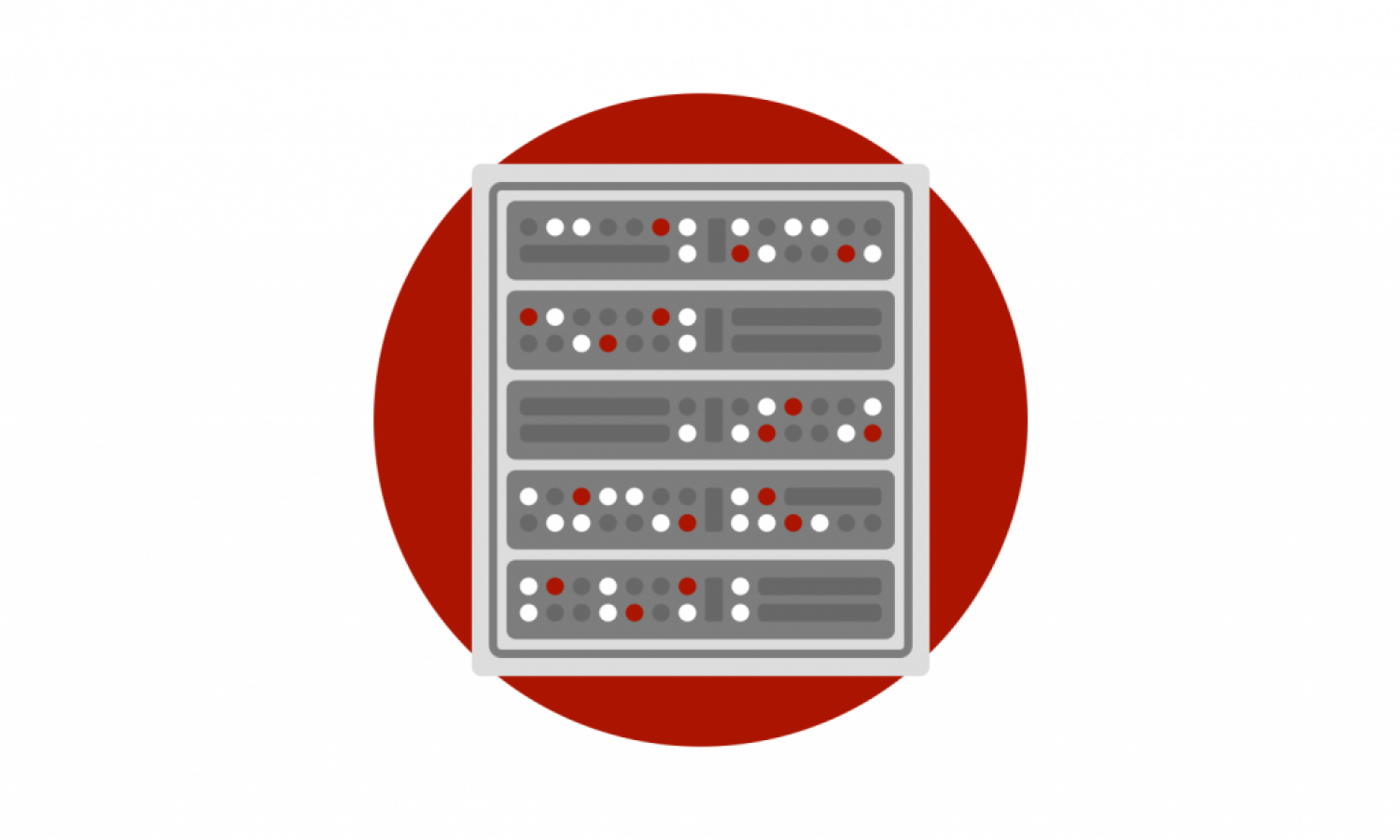Internet Infrastructure Coalition’s Dawson Speaks at SXSW Privacy Panel
Washington, DC – Internet Infrastructure Coalition (i2Coalition) Co-Founder and Board Chair Christian Dawson joined industry leaders Tuesday in a panel focusing on privacy at South by Southwest in Austin, TX. The panel, sponsored by the Consumer Electronics Association and organized by Glen Echo Group, was titled “Privacy: We’re All in This Together,” and examined the economic consequences of NSA surveillance revelations. i2Coaltion has prioritized surveillance reform because warrantless collection practices threaten the free and open nature of the Internet that has led directly to its success.
“Mass surveillance tactics employed by the U.S. government are undermining Internet security and denying basic privacy rights to just about anyone who falls into their dragnet,” said Dawson. “Today’s status quo puts U.S.-based companies at a demonstrable disadvantage in the global economy, meaning that NSA surveillance programs are doing real harm to the digital economy, a key driver for economic growth and innovation.”
According to a recent study by The Information Technology & Innovation Foundation, revelations surrounding the PRISM surveillance program could cost U.S. based cloud providers up to $35 billion in revenue by 2016. Forrester Research suggests the damage could be even worse – up to $180 billion in the same period.
“If we don’t take significant steps to strengthen oversight of these agencies so that they are abiding by international privacy norms, we are going to see more and more of our customers opt for services that keep their data away from U.S. Internet companies,” Dawson added.
Some countries like Germany and Brazil are actively seeking to cut ties with U.S. web hosts all together, insisting that data will be better protected on domestic servers.
i2Coalition supports legislative solutions such as the USA Freedom Act that would restore confidence in U.S. Internet companies by holding government Intelligence agencies to international privacy norms and increasing transparency about access to online data. Equipping the public with the information they need to have an informed, transparent discussion about the merits of these surveillance practices is essential in striking a balance between security issues and concerns about privacy.

